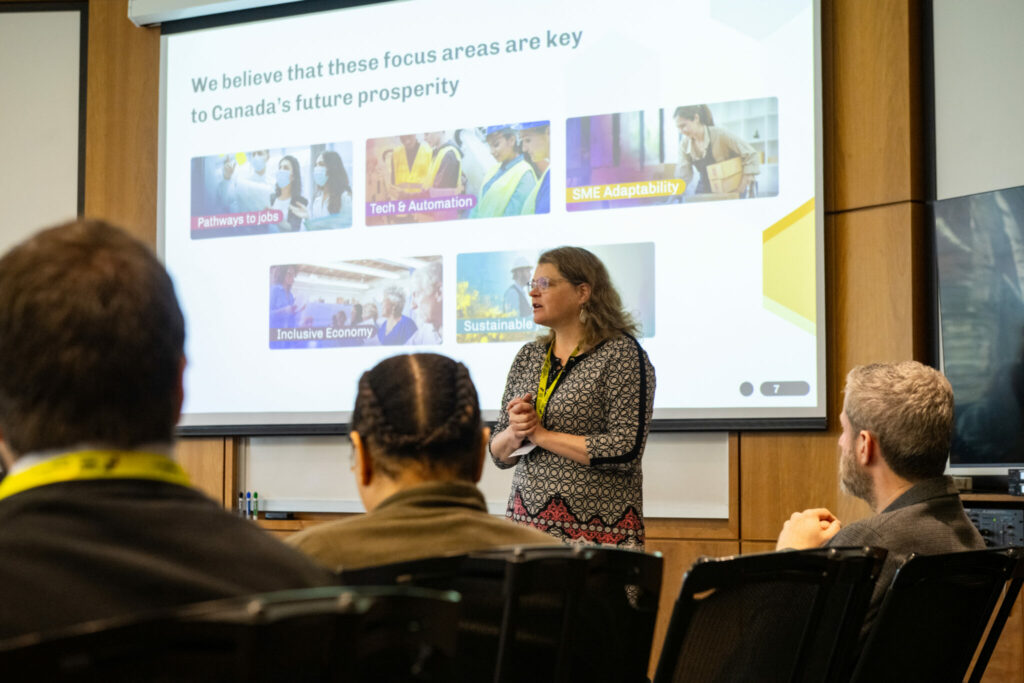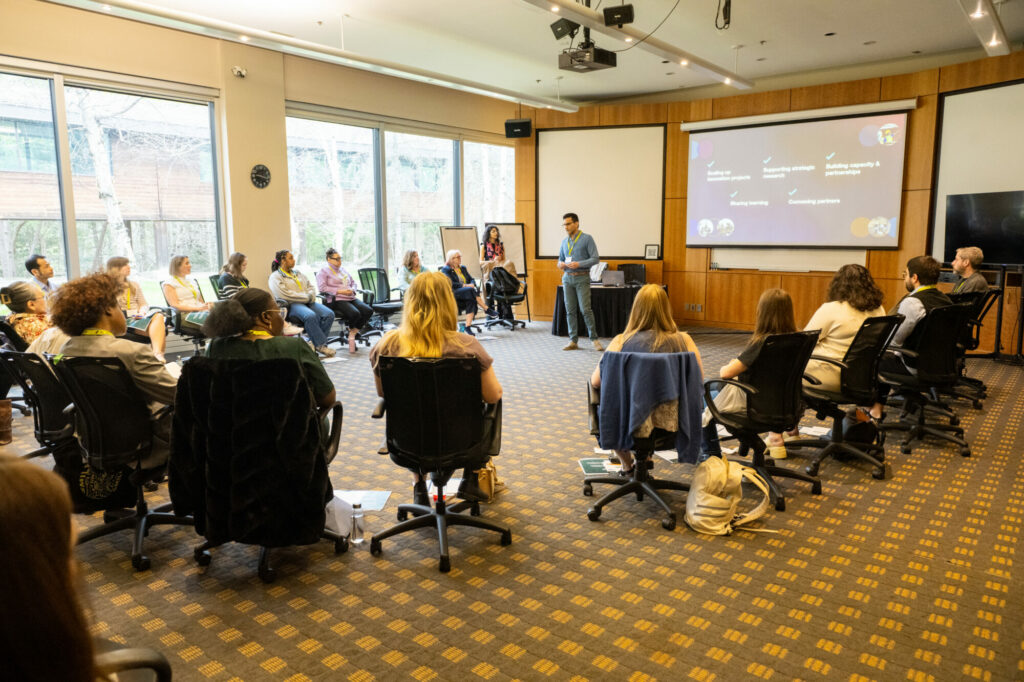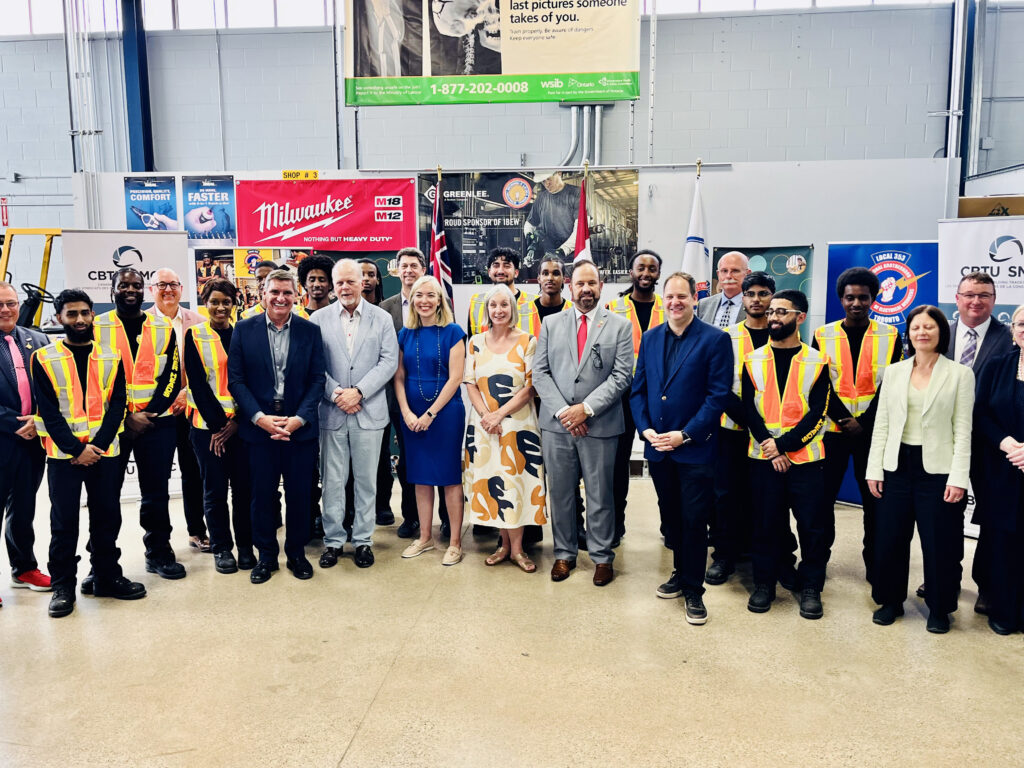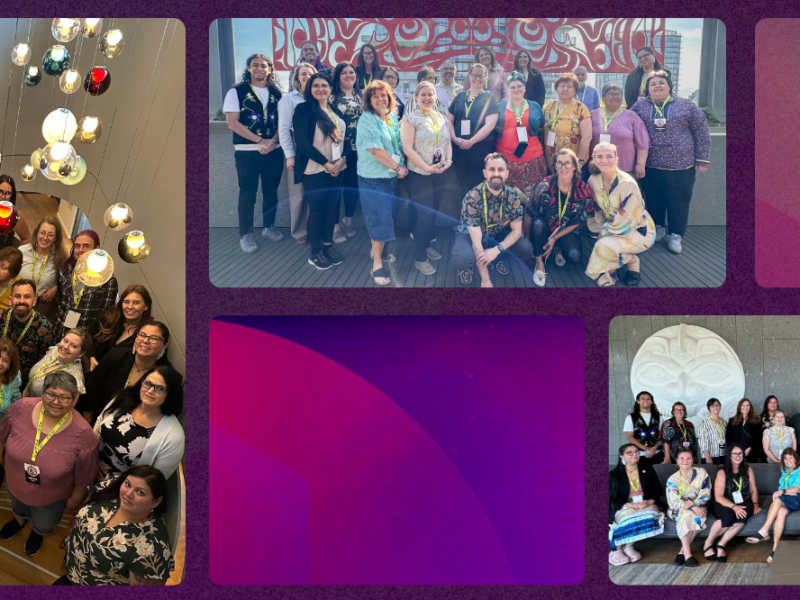Latest News & Events
Turning Disruption into Opportunity: Mid-Career Pathways for Canada’s Workforce
Building Big: Aligning Ambition and Action for Canada’s Future
Walking the Talk: Reflections on Relationship-Building in Indigenous Workforce Development
FSC at Sustainable Workforce Summit 2026
Keep up to date with the latest research, news and events from FSC.
Sign up for our newsletterA Future of Work That Works For All
The economy is evolving rapidly, and we need a skilled workforce — and training systems — that can adapt to whatever comes next. That’s why we focus on the priorities that Canada’s prosperity depends on: pathways to jobs, technology and automation, SME adaptability, an inclusive economy, and sustainable jobs.
We invest in new ideas that we evaluate and learn from, convene effective partnerships and collaborations, and generate critical insights into what works and what doesn’t when it comes to future-proofing the Canadian labour market.
3350+
project partners across every province, territory and sector
71%
of projects support underserved groups
105,500+
people received hands-on training or new job opportunities
1.14 million+
people have accessed resources that support their labour market pathway




















